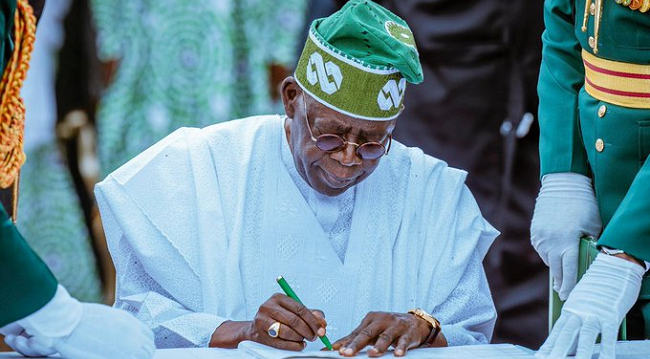Amid growing public scrutiny, the Presidency has defended the Federal Executive Council’s recent approval of a ₦10 billion solar energy project for the State House, assuring Nigerians that the initiative is both strategic and sustainable.
Presidential spokesperson, Bayo Onanuga, addressed concerns on Tuesday via his verified X handle, insisting the solar project is in line with international standards and long-term cost-saving goals.
Onanuga pointed out that similar renewable energy initiatives have been implemented in other world capitals, including the White House in Washington, D.C., which partially runs on solar energy.
“The White House in Washington D.C. uses solar power,” Onanuga stated, referencing a video of the U.S. government’s solar integration to illustrate that Nigeria’s plan is not unusual or extravagant by global standards.
According to the Presidency, the proposed system will provide stable, eco-friendly power for the President’s residence, administrative offices, and key buildings within the State House complex. Government sources say the move will reduce dependence on the national grid and improve energy reliability.
While some Nigerians welcomed the shift to renewable energy as a necessary and forward-thinking step, others questioned the cost — especially in light of the country’s ongoing economic challenges, inflation, and widespread hardship.
Critics argue that the project, though environmentally conscious, sends the wrong message at a time when millions are struggling with rising prices and dwindling purchasing power.
Nevertheless, the Presidency insists the investment will deliver long-term value through reduced utility costs and lower carbon emissions, calling it a forward-looking infrastructure upgrade rather than a luxury.


